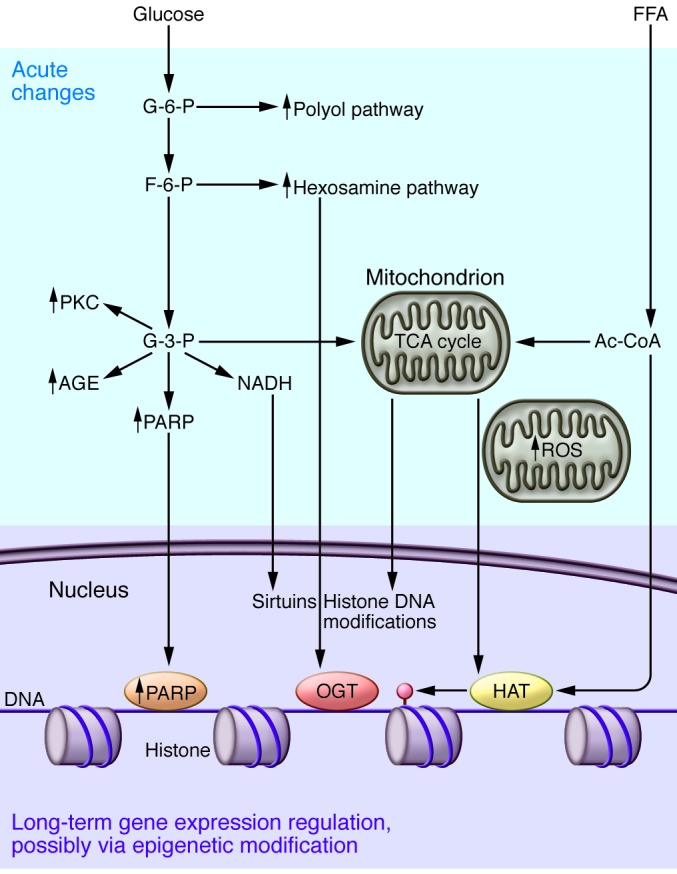Figure 2. Dysregulated metabolism is a key factor in DKD initiation.

Animal and cell culture experiments indicate that increased intracellular glucose metabolism by the polyol and hexosamine pathways occurs in complication-prone cell types in diabetes. There is also excessive activation of the PKC pathway and non-enzymatic glucose oxidation to advanced glycation end products (AGE). Mitochondrial oxidative phosphorylation and ROS release production are increased. Changes in intermediate metabolism can have a sustained effect on gene expression by reprogramming the epigenome. Data from the cancer metabolism field indicates that products of intermediate metabolism serve as substrates for different chromatin modifier enzymes, including histone acetyltransferases (HAT), sirtuins, and histone and DNA methyltransferases. Excessive activation of the chromatin-modifying enzyme PARP1 has also been described in DKD. Ac-CoA, acetyl coenzyme A; F-6-P, fructose 6-phosphate; G-3-P, glucose 3-phosphate; OGT, O-GlcNAc transferase; TCA, tricarboxylic acid.
